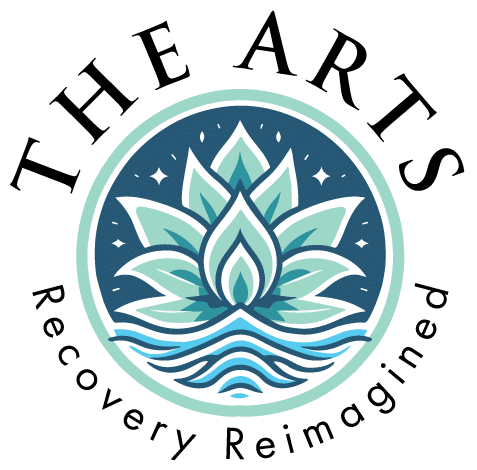Social drinking is a practice in cultures often linked to social events, festivities, and unwinding. It usually involves alcohol consumption in a social environment, like having a glass of wine during dinner or enjoying some beers with friends over the weekend. For some individuals, social drinking is a pastime with minimal risks. However, there exists a boundary between drinking and problematic drinking that needs to be understood. In this blog, we’ll help you understand when social drinking becomes a problem.
When Social Drinking Becomes Problematic
Social drinking is usually seen as occasional consumption of alcohol. It can sometimes be hard to tell when it crosses the line into problematic drinking. One clear sign that social drinking may be turning into a problem is if there is an increase in how much alcohol is being consumed. Consistently going over the recommended limits—up to one drink per day for women and up to two drinks per day for men—could indicate emerging issues with alcohol. Going beyond these limits regularly or struggling to stick to them in social settings could suggest that drinking has moved from being just a social activity to something more concerning.
Problematic drinking often brings about changes in behavior and daily routines. People might start neglecting their responsibilities at work, school, or home. They may also find themselves getting into arguments with friends and family about their drinking habits. The Mayo Clinic points out that increased irritability, withdrawal from activities, and a focus on drinking are significant behavioral changes that hint at problematic drinking. Furthermore, individuals who find themselves losing control over their alcohol consumption, such as consuming more than intended or feeling an urge to drink despite knowing the harm it can cause, are displaying signs of problematic drinking.
Effects on Health
The impact of problematic drinking on health can manifest both immediately and over the term. Immediate consequences include impaired decision-making, accidents, and injuries. At the same time, long-term effects can be more serious, such as liver damage, heart issues, and an increased risk of cancers. The National Institutes of Health (NIH) stresses that excessive alcohol intake can result in health problems like alcohol dependency and addiction. Persistent drinking leading to hangovers, weight fluctuations, or digestive problems is a warning sign that alcohol consumption may be affecting overall health and well-being.
Addressing Problematic Drinking
The first step in recognizing problematic social drinking is self-awareness and conducting a self-assessment. Common signs of problematic drinking include a focus on alcohol and facing challenges in reducing or controlling alcohol intake. Self-evaluation may require reflecting on how alcohol impacts one’s routines, relationships, and overall well-being. Being truthful about these aspects is crucial in realizing the necessity for change.
When someone recognizes that their social drinking habits are becoming problematic through self-assessment and intervention, it is essential to seek support. There are treatment choices for individuals struggling with alcohol-related issues, such as therapy, counseling, and support groups. There are many different approaches to treatment, from outpatient counseling to inpatient rehabilitation programs. People need to consult healthcare professionals who can create a treatment plan catering to their needs, addressing both the mental and physical aspects of alcohol consumption.
Apart from individualized treatment options, community resources and support groups can provide help and motivation. Programs like Alcoholics Anonymous (AA) offer a network where shared experiences can be incredibly beneficial during the recovery journey.
The ARTS IOP
Recognizing the point at which social drinking crosses a line and becomes concerning is essential for maintaining health and overall well-being. While social drinking can be generally not a cause for concern, it can potentially develop into a problem if not monitored closely. Identifying signs of problematic drinking–such as increased frequency of drinking, changes in behavior, and health issues–is critical to taking action and seeking appropriate assistance.
If you or someone you know is struggling with alcohol-related difficulties, the ARTS IOP can offer support. The dedicated team at our drug rehab is dedicated to providing support for navigating the journey toward recovery and building a healthier future. We offer outpatient rehab programs, virtual dual diagnosis treatment, and sober living options to support our clients through recovery. Taking that step toward seeking help is vital. The ARTS IOP stands ready to assist you through every stage of the recovery journey.

